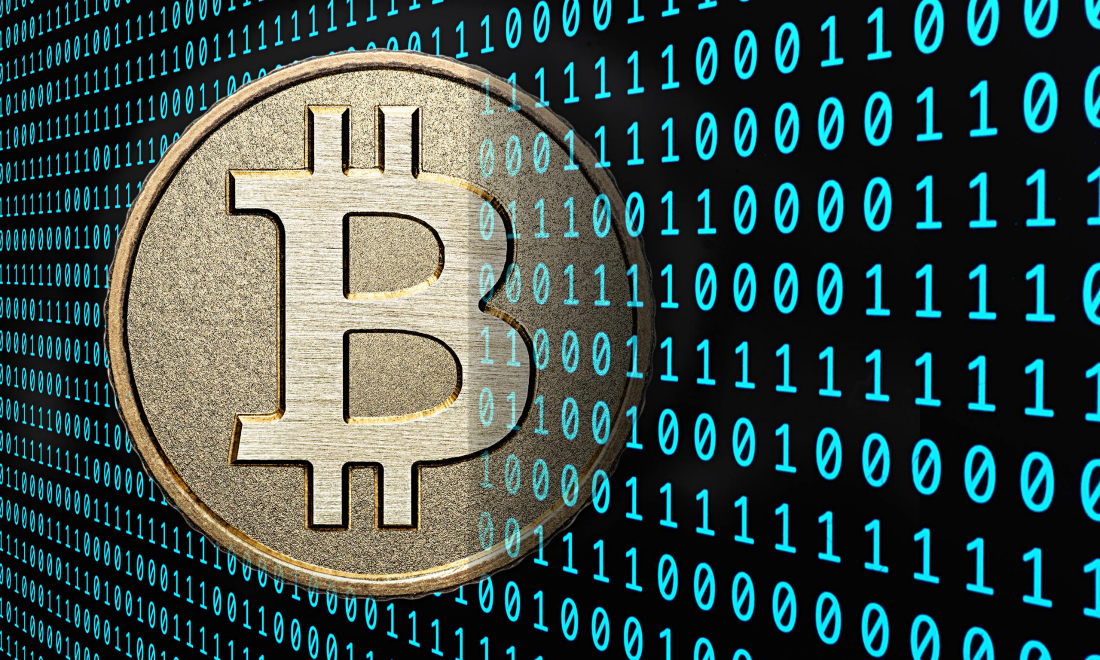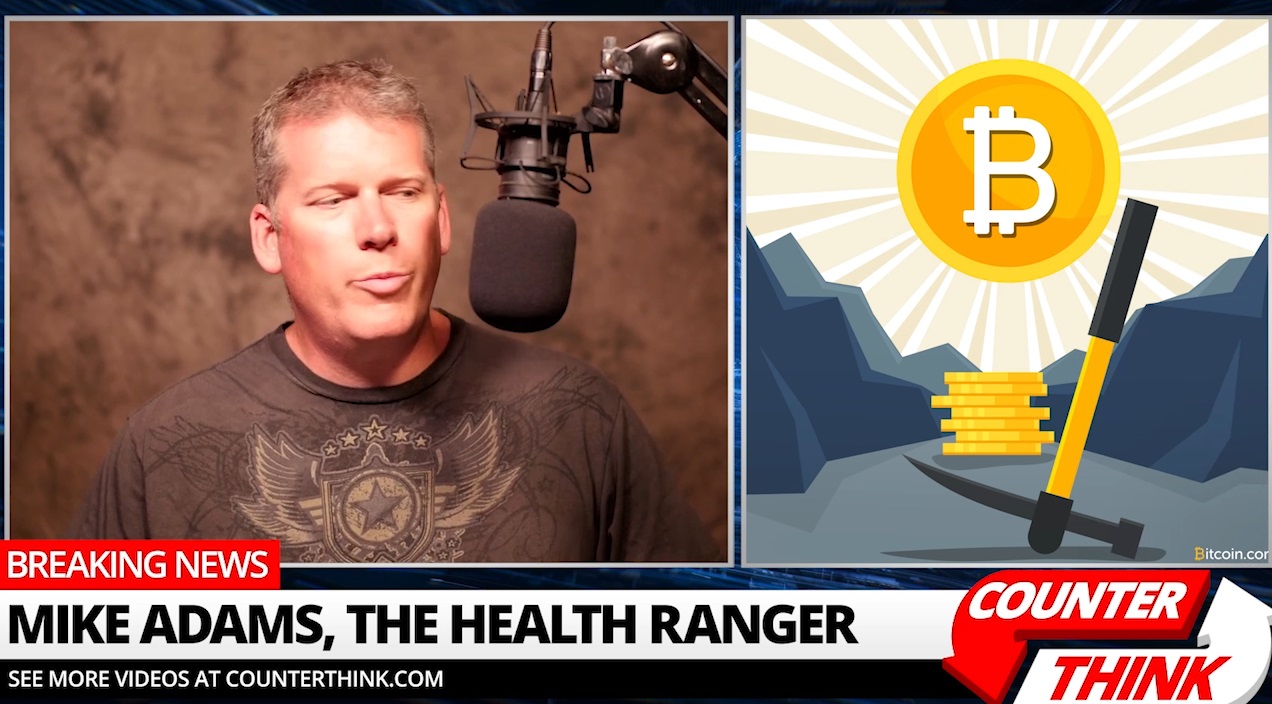Because of its limited supply with a market cap of 21 million “coins,” the popular cryptocurrency Bitcoin is superior to both Federal Reserve Notes and gold, says Apple co-founder Steve Wozniak. The mathematician-turned-tech guru is insistent that tampering with the Bitcoin supply is impossible, thus making it preferable to fiat currencies that can be printed endlessly. But the fact that Bitcoin’s source code can, indeed, be changed means that its total supply can potentially be changed as well.
Wozniak is apparently unaware of this, however, as he did not mention any of this during his recent interview with CNBC correspondent Deirdre Bosa at the Money 20/20 conference in Las Vegas. Speaking about the nature of cryptocurrency as a form of payment and a store of value, Wozniak expressed his belief that Bitcoin is more “stable” than other forms of money currently in use, and that it represents the future of payment for goods and services.
“There is a certain finite amount of bitcoin that can ever exist. Gold gets mined and mined and mined,” Wozniak is quoted as saying by Bitcoin Magazine. “Maybe there’s a finite amount of gold in the world, but Bitcoin is even more mathematical and regulated and nobody can change mathematics.”
(Related: Is Bitcoin really a stable store of value? Keep up with the latest cryptocurrency news at BitRaped.com)
Health Ranger: Bitcoin is ‘not permanent’ and ‘can be altered at any time’
While there is definitely some truth to these statements – fiat currencies like the U.S. dollar perpetually lose value the more they are printed, while Bitcoin’s limited quantity preserves its value – many Natural News readers will recall that Bitcoin has already undergone a so-called “hard fork” that resulted in the cryptocurrency’s software being changed. In essence, the original Bitcoin “evolved” to become two different cryptocurrencies: Bitcoin (BTC) and Bitcoin Cash (BCC).
The original Bitcoin survived this hard fork, but some experts believe that the cryptocurrency’s days are numbered. Mike Adams, the Health Ranger, believes that Bitcoin is currently in a bubble in which its value has soared, but that this is only temporary. Adams is insistent that Bitcoin is not a permanent store of value and that it “can be altered at any time.”
The Bitcoin fork, he says, “proves that Bitcoin is not actually limited by the laws of mathematics – as it has ridiculously been claimed.” Instead, it has now been shown that Bitcoin “can be altered at any time by a consensus of developers or miners who are all benefiting from the Bitcoin scheme.”
A full video interview of Adams explaining his views on Bitcoin is available on YouTube.
This is a very different position than the one held by Wozniak, who admits that he has “admired” Bitcoin almost from its inception. As Bitcoin currently teeters at a price of around $6,000 per coin – its highest level yet – Wozniak is sure that it will only continue to increase, reinforcing itself as a stable form of currency. Further, Wozniak believes that blockchain technology in general, which is what Bitcoin is built upon, will continue to transform the financial and mining sectors.
Even with minerals like gold, blockchain technology can be used to track where they come from in order to avoid mineral conflicts, which is what happens when companies buy a mineral from many different suppliers only to smelt it all together. Tracking where each portion came from is difficult, but blockchain technology has the potential to revolutionize this process.
“They are applying the technology where all the payment can only go to the good, legitimate sources that don’t have conflict minerals,” says Wozniak.
Sources for this article include:
ZeroHedge.com
BitcoinMagazine.com
MikeAdams.news
YouTube.com









